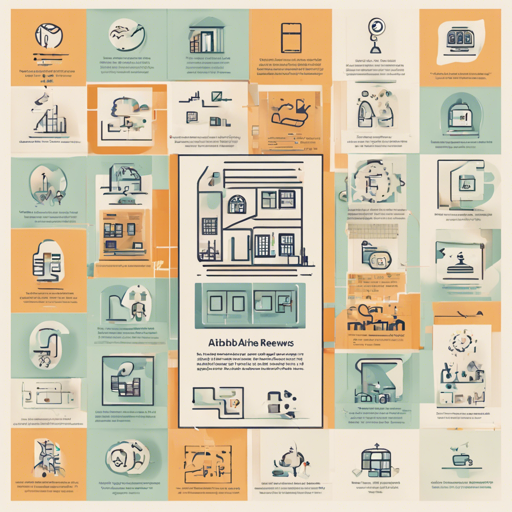In today’s digital age, consumer reviews play a crucial role in decision-making, particularly in sectors like hospitality. Fine-tuning a model to classify the helpfulness of Airbnb reviews can provide insights for both potential guests and hosts. This blog will guide you through creating a multi-class classifier using the RoBERTa model, including setup, training, and troubleshooting tips.
Overview of the Project
This classifier predicts the helpfulness of Airbnb reviews, categorizing them from most helpful (A) to least helpful (C). Through the utilization of fine-tuning techniques, you will leverage the pre-trained language model, RoBERTa, to achieve this goal. The dataset consists of 5000 sampled reviews, sourced from the Airbnb platform.
Getting Started with Jupyter Notebooks
The first step is to set up your coding environment using Jupyter Notebooks. You can find the complete project on GitHub at this link.
Setting Up Your Environment
Ensure you have the necessary libraries installed. You will primarily need:
- Transformers
- Pandas
- NumPy
- Matplotlib (for visualizations)
Fine-Tuning the Model
We will be using the RoBERTa model for our review classification. Below is a succinct representation of how we fine-tuned the model for our dataset:
# Example code snippet for fine-tuning
from transformers import RobertaForSequenceClassification, Trainer, TrainingArguments
model = RobertaForSequenceClassification.from_pretrained("roberta-base", num_labels=3)
training_args = TrainingArguments(
output_dir="./results",
learning_rate=3e-05,
per_device_train_batch_size=16,
weight_decay=1e-04,
num_train_epochs=4,
warmup_steps=500,
)
trainer = Trainer(
model=model,
args=training_args,
train_dataset=train_dataset,
eval_dataset=eval_dataset,
)
trainer.train()
Think of this code like preparing a meal. Each ingredient (the parameters in TrainingArguments) has a specific role, contributing to the overall flavor (performance) of the dish (model). Some ingredients are critical (like num_train_epochs), while others just enhance the taste (like weight_decay). By carefully mixing these ingredients, you fine-tune your meal to perfection – just like optimizing your model for better predictions.
Understanding the Dataset
Our dataset contains:
- 4560 samples synthetically labeled by GPT-4 Turbo.
- 500 samples manually labeled to validate the synthetic labels.
The labels help in categorizing reviews based on helpfulness, allowing the model to learn from diverse scenarios.
Training Details
The training process took place using Google Colab Pro, utilizing approximately 56 computing units with the following hyperparameters:
- Learning Rate: 3e-05
- Batch Size: 16
- Weight Decay: 1e-04
- Epochs: 4
- Warmup Steps: 500
Troubleshooting Tips
While working on this project, you may encounter a range of issues. Here are some common troubleshooting ideas:
- Model Not Training: Check if your dataset is loaded correctly. Sometimes, missing or malformed data can hinder training.
- Performance Issues: If the classifier isn’t improving, consider adjusting hyperparameters like the learning rate or batch size.
- High Memory Usage: Reduce batch size if you’re running into memory limits, especially on platforms like Google Colab.
- Inconsistent Results: Ensure that your training and evaluation datasets are properly split to prevent data leakage.
For more insights, updates, or to collaborate on AI development projects, stay connected with fxis.ai.
Conclusion
Successfully implementing a multi-class classifier for Airbnb reviews not only aids future guests but also enhances the overall Airbnb experience by providing hosts with actionable insights. At fxis.ai, we believe that such advancements are crucial for the future of AI, as they enable more comprehensive and effective solutions. Our team is continually exploring new methodologies to push the envelope in artificial intelligence, ensuring that our clients benefit from the latest technological innovations.

